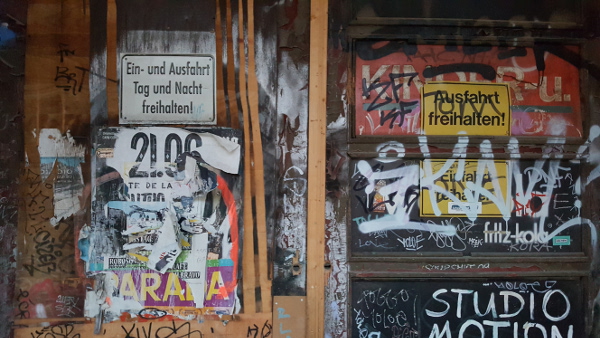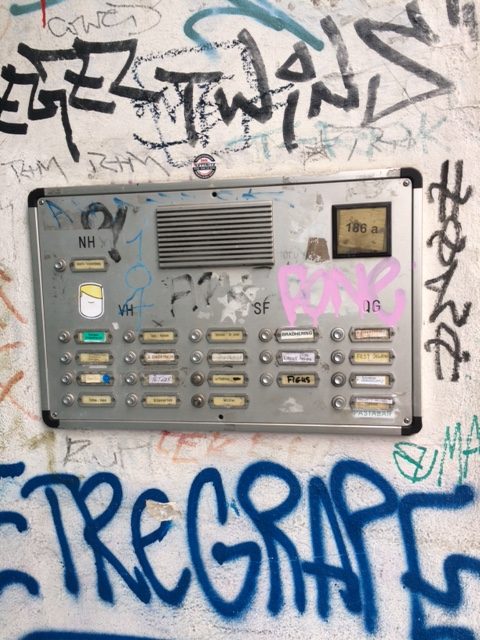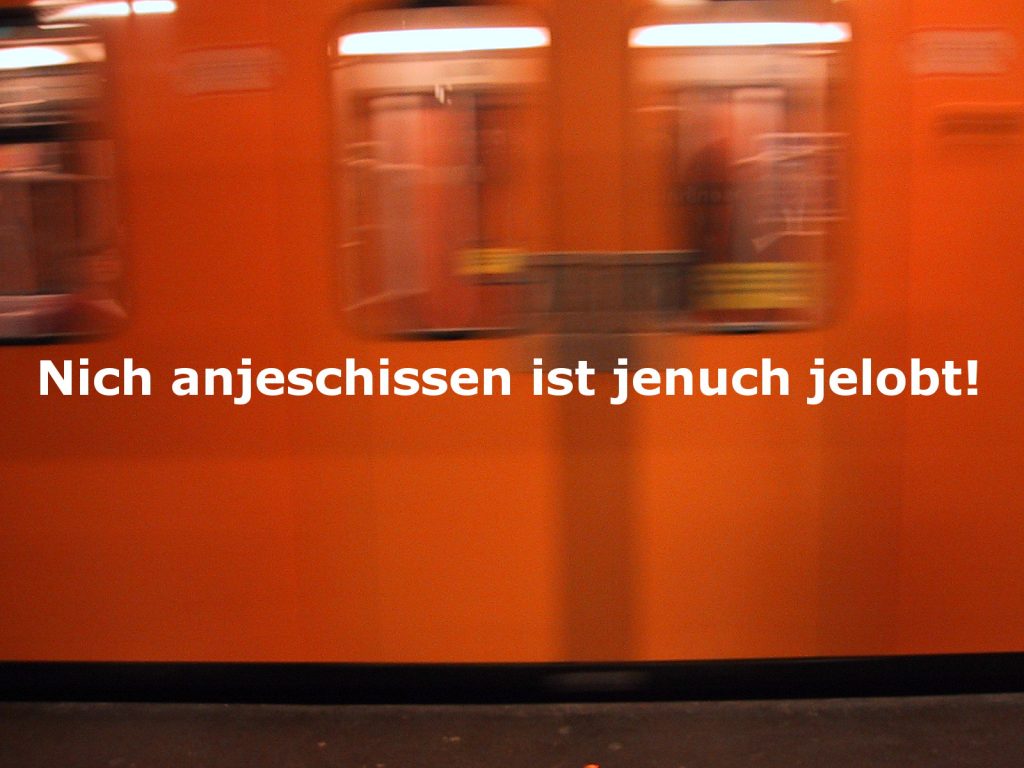A recent article in Tagesspiegel detailed how living in Berlin changes your brain. That sentence, like the article, is a bit of linguistic gymnastics because it’s big cities that change your brain, researchers have proven, not specifically Berlin, though Berlin is a big city. The article couples this data with some very informed anecdotes and theories from very capable experts to come to the conclusion that Berlin, in the past and now, makes you into a different person, which explains why 60,000 people move here every year. Well, that and the cheap rent. And it being legal to drink beer in the M10.
Allow me to summarize, because either you don’t speak German, or you don’t have time to read a (very well-written) 3,000-word article (honestly, where do Germans find the time to read the behemoth, often-droning articles in their dailies? Productivity would climb 10 percent here if German journalists once a week considered using the inverted pyramid). Apparently, researchers have discovered that people who grow up in big cities have a smaller prefrontal cortex than their rural counterparts. The more time you spend in a big city as a child, the smaller it is. I have a degree in Lit. I have no idea what that means. Also, your amygdala gets over-stimulated, just like in people with depression and panic disorders. Again, Lit degree.

The problem, according to psychiatrist Mazda Adli at Charité, is that our brains were formed tens of thousands of years ago and can’t really deal with the stresses and density of a big city. As soon as we step out the front door, the brains of New Yorkers, Tokoyers, Berliners and Wahlberliners think we’re about to be attacked by a saber-tooth tiger or have spotted the perfect woolly mammoth for a weekend feast. Our brains are ready to murder and flee while we’re just trying to get a Club Mate at the Späti. We’re überfordert (overwhelmed). Always.
Living in Berlin is different
The article also lays out some differences in big cities. In Munich, they’ve discovered, people don’t go sprinting down the stairs of a subway station to catch their U7 at the last second. They walk and wait, in perfect Bavarian decency, for the next one, which is weird because subways don’t come as often in Munich. Here Tagesspiegel quotes Martina Löw, a professor at the Technische Universität (Technical University, the one on Ernst Reuter Platz): “People change depending on which city they move to … Cities are small universes that develop their own minutiae.” Even if you don’t like and don’t adopt the minutiae, you still have to deal with it, creating different rules for every city – you may not try to force your way onto the subway/tram before everyone gets off, but you’ll still have to deal with Berliners trying to do so.
Then we get to the meat, to the thing that makes Berlin different from all the other big cities: The individual. Everybody in Berlin is into themselves, Tagesspiegel claims, which lets everyone be themselves. No one’s going to care how you dress or what you do, because they only care about what they’re wearing or what they’re doing. So much so that your neighbors won’t greet you as they pass on the stairs, not even after a decade. That’s not only annoying but, according to the paper, it also makes people distrust others outside their cliques. In pre-war Germany it was the bureaucrats against the workers. Then Ossis against Wessis. Berliners (natives) against Wahlberliner (transplants). The Kreuzbergers against the Charlottenburgers. The Sharks hating the Jets. Oh, and the generic hate of the Schwaben (literally, people from Swabia in southern Germany but, generally in Berlin, anyone who has more money than you).
“Division was always a strong narrative in Berlin,” Professor Löw told Tagesspiegel. “There is very little trust in the things that connect us in Berlin. There’s no sense of a community.“ The academic admits that there are no studies to back up this thesis, but she still thinks it’s right. People in Berlin all believe they are different from each other, she says, and they like it that way: “Completely refusing to even think or live or feel community – that is very typical for Berlin. And of course that has consequences for the way people act.”

The article points out that this can make Berlin a brutal place for people who feel like outsiders but don’t want to feel like outsiders – if everyone else has a THING and you don’t, you might feel like there’s something wrong with you. I’m paraphrasing here. Possibly even projecting. But it’s what I took from it.
Psychiatrist Adli has some tips. He says you should make the city yours. Get to know your neighborhood and the people in it, even if you hate them (though in the article it didn’t say “hate”, it said, “even if you wish pimples on them,” which is a very endearing German saying). He also recommended taking every available mode of transport. DriveNow, the subway, Taxis, your feet. Or that bike you stole last week outside that café. “The feeling of being able to cover almost every route without any trouble in a reasonable time gives a special feeling of ownership in relation to the city.”
So there you have it: Your prefrontal cortex is getting smaller. Your amygdala is over-stimulated. You’re doing you. And you don’t call your mother often enough. Welcome to Berlin.
Leave a Comment
